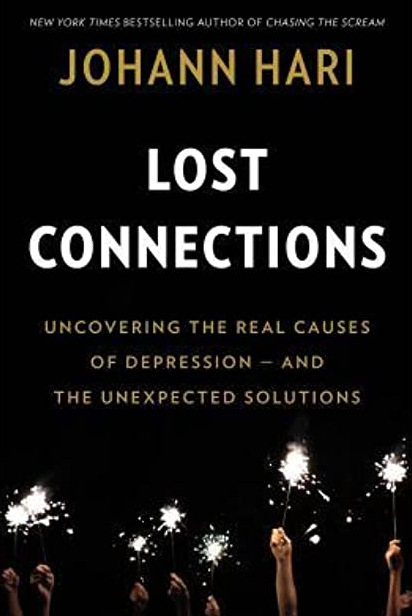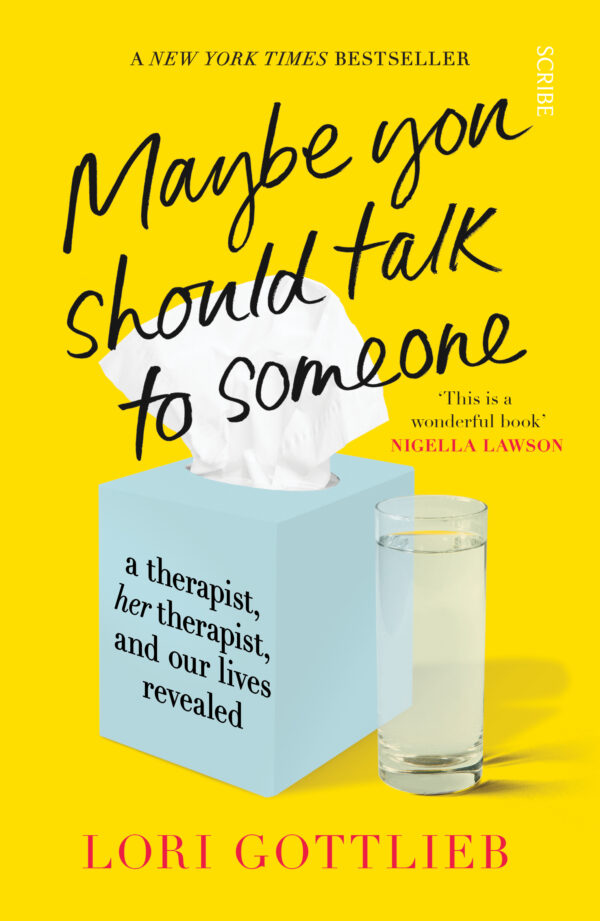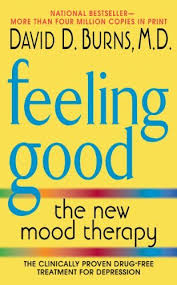Mental health has become one of the most important conversations of our time. With increasing awareness about mental illnesses and the growing need for resources to support emotional well-being, books have emerged as powerful tools to educate, inspire, and heal. Whether you’re looking to better understand mental health, develop coping mechanisms, or simply feel less alone, the right book can make all the difference. In this article, we explore some of the most impactful mental health books that everyone should read.
Why Read Mental Health Books?
Mental health books can serve as life-changing companions on your journey to understanding and improving emotional well-being. They provide practical strategies to cope with anxiety, depression, and stress while offering insight into various mental health disorders. Through expert advice and personal stories, these books help break the stigma surrounding mental illness and promote empathy and understanding.
Must-Read Mental Health Books
1. The Body Keeps the Score by Bessel van der Kolk

This book is a definitive guide to understanding how trauma impacts the mind and body. Dr. van der Kolk, a renowned psychiatrist, explains how traumatic experiences are stored in the body, affecting physical and emotional health. Through real-life case studies and decades of research, the book provides practical approaches to healing, such as mindfulness, yoga, and EMDR therapy. It’s an essential read for anyone looking to understand the connection between mental and physical health.
2. Lost Connections by Johann Hari

In Lost Connections, Johann Hari challenges the conventional understanding of depression and anxiety by focusing on the external factors that contribute to mental health issues. Hari highlights nine key disconnections—such as from meaningful work, relationships, and nature—that play a role in emotional distress. The book encourages readers to rethink their approach to mental health by addressing these root causes rather than relying solely on medication. It’s a thought-provoking read that inspires action toward meaningful change.
3. Maybe You Should Talk to Someone by Lori Gottlieb

This captivating memoir by therapist Lori Gottlieb takes readers behind the scenes of therapy. Blending humor and vulnerability, Gottlieb shares her journey as both a therapist and a patient. The book normalizes therapy and provides profound insights into the human experience, showcasing how change and healing are possible even during life’s most challenging moments. It’s relatable, engaging, and perfect for anyone curious about personal growth or the therapeutic process.
4. Feeling Good: The New Mood Therapy by Dr. David D. Burns

Dr. David D. Burns’ classic self-help book introduces readers to cognitive behavioral therapy (CBT), one of the most effective approaches for managing depression and anxiety. The book provides actionable techniques to identify and challenge negative thought patterns, improve self-esteem, and foster emotional resilience. Packed with exercises and practical advice, it’s a hands-on guide for anyone seeking to take control of their mental health.
Fictional Books Addressing Mental Health Themes
Fiction books can also be a powerful medium for exploring mental health. Sylvia Plath’s The Bell Jar captures the struggles of a young woman facing depression, offering a raw and honest depiction of mental health challenges. Similarly, Eleanor Oliphant Is Completely Fine by Gail Honeyman tells the story of a socially isolated woman’s journey toward healing and self-acceptance. These stories not only entertain but also foster a deeper understanding of mental health.
How to Choose the Right Mental Health Book
Choosing the right book depends on your needs. If you’re looking for practical tools to manage anxiety or depression, self-help books like Mind Over Mood can be immensely helpful. For those seeking to understand mental health disorders on a deeper level, works like The Noonday Demon by Andrew Solomon offer comprehensive insights. Memoirs and fictional accounts are ideal if you’re seeking emotional connection and empathy.
Tips for Reading Mental Health Books Effectively
To get the most out of mental health books, take your time to absorb the content. Highlight key passages and jot down actionable takeaways. Discuss what you’ve learned with a therapist, support group, or trusted friend to gain new perspectives. Most importantly, implement the strategies gradually to ensure lasting changes.
Conclusion
Mental health books are invaluable tools for personal growth, healing, and advocacy. Whether you’re looking to educate yourself, develop new coping strategies, or simply find solace in shared experiences, there’s a book out there for you. Start with the recommendations in this list, and take the first step toward prioritizing your mental well-being.
Which of these books resonates with you the most? Let us know in the comments below!
